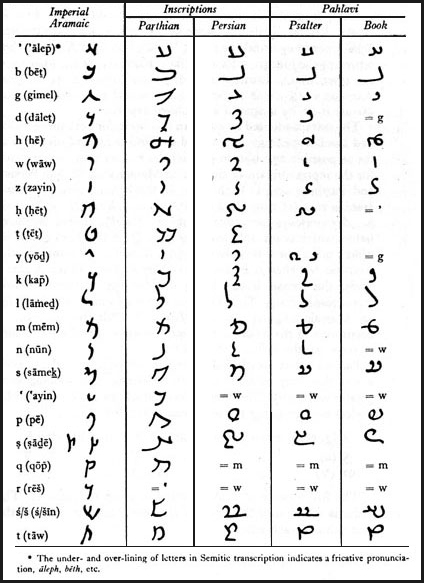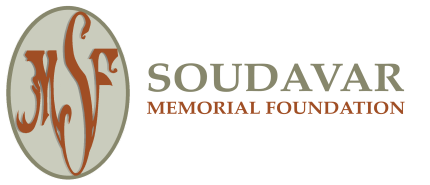Middle Persian Dictionary Project

he Middle Persian Dictionary Project (MPDP), edited mainly by Shaul Shaked, Emeritus Professor at the Department of Comparative Religions at the Hebrew University of Jerusalem, is a research tool for all varieties and genres of Zoroastrian Middle Persian. The principles of the project are:
- That the dictionary is to be based on actual occurrences of words in the available texts, and will strive to have edited texts insofar as these are not yet available.
- Each variety of usage of a word will be accompanied by one or more examples of phrases to illustrate its sense and usage.
- Special attention will be given to verbs which take certain prepositions, phrases which recur, and other idiomatic uses.
- The “Documents” section will give full text and translation of the texts incorporated in the dictionary project, divided into chapters, sections, and phrases (the smallest units which can be quoted in the dictionary entries). Each document will be accompanied by a scanned image of the manuscript or the edition on which the reading given in the project is based.
- A special window will give ascertained etymologies, with a reference to the relevant discussion.
- In some cases reconstructed Middle Persian words which are not attested in the Middle Persian literature but which are encountered in neighbouring languages, such as Armenian, Aramaic, or Arabic, will be quoted, with a reference to the relevant discussion.
The scope of the texts to be included are: all varieties and genres of Zoroastrian Middle Persian; all the available Middle Persian inscriptions; all the texts in Manichaean Middle Persian; a selection of texts in Pazand; a small selection of words, chiefly of religious content, in Zoroastrian New Persian, to be quoted with the appropriate Middle Persian forms.
Upon completion, it will be the first comprehensive dictionary for Middle Persian (Pahlavi) texts. Its international team led by Professor Shaked, Editor in Chief and Director, with Carlo Cereti and Thamar E. Gindin as Associate Editors.

